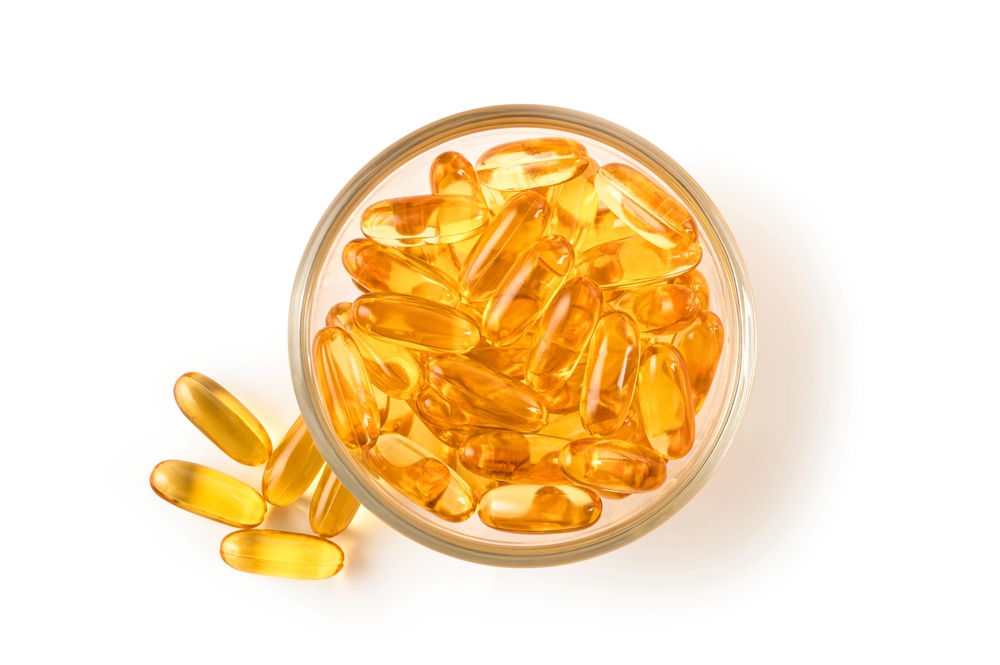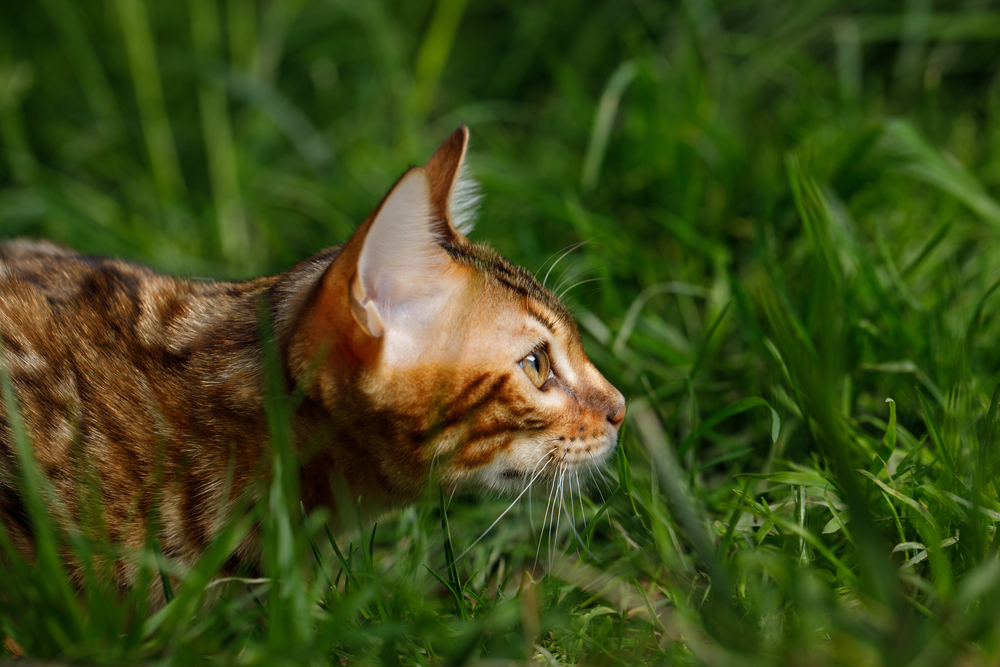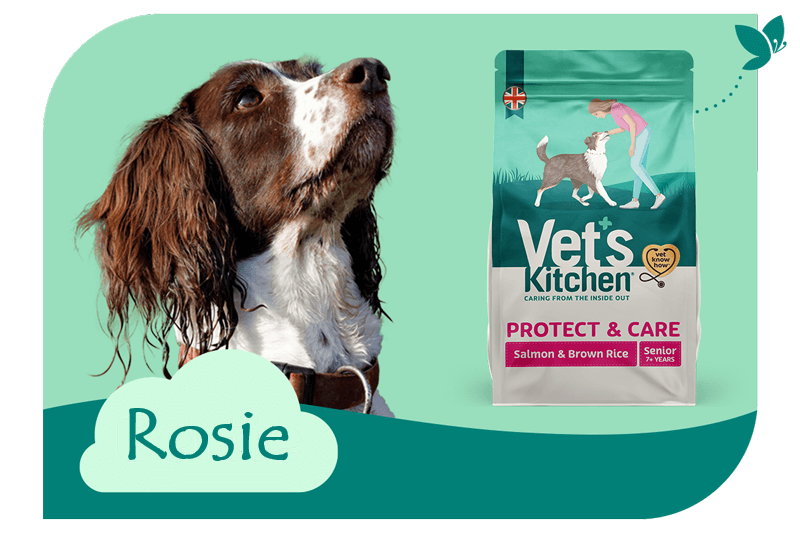5 Benefits of Prebiotics and Probiotics in Pet Food
November 19th 2020
Beneficial bacteria
The digestive system of dogs, cats (and humans) contains healthy or good bacteria (known as bacterial flora). It used to be thought that all bacteria were bad and could potentially lead to disease, however it has since been discovered that beneficial bacteria can help the digestive system in several ways.
Good bacteria can:
Produce certain vitamins, including Vitamin K (required for blood clotting).
.
Help to breakdown and digest food.
.
Aid the absorption of nutrients.
.
Make the environment in the gut less favourable for harmful bacteria.
.
Positively affect and regulate the immune system.
What is a prebiotic?
In simple terms a prebiotic is a food ingredient (usually a fibre from a plant source) which is not directly digested by the animal that eats it. It can survive the digestive processes in the small intestine but is fermented (broken down) by the bacteria in the large intestine and used like a fertilizer or energy source to encourage bacterial growth. Examples of prebiotics include inulin, galactooligosaccharides, lactulose, fructooligisaccharides (FOS) and Mannanoligosaccharides (MOS).
We use FOS or inulin (from
chicory root) in nearly all of our products, which comes in a liquid form rather than a tablet. Aside from chicory root inulin is also found naturally in onions and Jerusalem artichoke root. As onions are toxic to dogs we use Jerusalem artichoke as an additional prebiotic source in our chicken flavoured,
Healthy Digestion supplement.
.
Natural sources of FOS include psyllium, soybean hulls and sugar beet (beet pulp). We don’t use psyllium or any soya-based products in our products, but we do include beet pulp as a source of FOS and an excellent source of both insoluble and soluble fibre. Soluble fibre can help to provide that satiety effect (feeling of fullness) and slows gut transit time, allowing time for the nutrients to be absorbed.
.
The most commonly used prebiotics in pet food are FOS and MOS. However, they work in different ways. FOS is used as an energy source for the beneficial bacteria as well as inhibiting the growth of harmful bacteria, whereas MOS works by preventing harmful bacteria form colonising.
.
It does this by inhibiting the attachment of harmful bacteria to the intestinal wall and promotes the excretion of this disease-causing bacteria from the body. Sources of MOS include Brewer’s Yeast which we use in some of our dry dog foods.
What is a probiotic?
A probiotic is different to a prebiotic because it actually a live microorganism (bacterium) rather than just being a food or energy source for beneficial bacteria. An example of a food item that contains probiotics would be live yoghurt.
.
The idea is that by swallowing live bacteria the gut can be colonised with a direct supply of beneficial bacteria. It has been debated whether live bacteria can survive the acidic pH of the gut, however currently research is focusing on ways to protect the bacteria such as encasing it in gastro-resistant capsules.
.
If they can make it to the gut, probiotics help to restore the correct balance of gut bacteria in cases where pets have problems such as diarrhoea (stress induced, infectious or anti-biotic resistant) and Inflammatory Bowel Disease. However, whilst recent research has shown that in some cases supplementation with probiotics can help increase concentrations of good bacteria and reduce harmful bacteria, for gut health, prebiotics appear to be better.
Other ingredients to support digestive health
Digestive health is an area of great interest and new discoveries about foods, supplements and their effect on digestive health are being made all the time. Two such ingredients are Aloe Vera and L-Glutamine, both of which are also included in our Healthy Digestion supplement.
Recent studies have found that a plant substance (a thick gel-liquid) called mucilage, secreted by Aloe Vera may also have prebiotic properties, however Aloe Vera can aid digestive health in many other ways. It contains antioxidants in the form of vitamin E and C as well as many other vitamins, minerals and fatty acids. It also contains several enzymes, including some digestive enzymes and has anti-inflammatory properties.
However, as well as avoiding certain foods, the addition of specific ingredients can often benefit digestive health
Glutamine is an important amino acid (a building block of protein) that both humans and animals need for digestion and normal brain function. Glutamine has been shown to help with conditions such as a leaky gut or Inflammatory bowel disease because it helps prevent the protective mucosal lining of the gut intact.
.
It is found most abundantly in animal tissue (meat, fish and dairy) but can also be obtained from vegetable sources such as red cabbage. Supplements are also available in the form of L-glutamine (which is the easiest form to digest and utilise).
And finally
Overall, there are many ingredients and nutrients that can be used to support digestive health in dogs and cats; your vet can recommend specific types based on their experience.
However, getting the diet right, with the correct food and the right balance of nutrients and ingredients means that adding a supplement may not always be necessary.
Photo by Ayla Verschueren on Unsplash


 Shop Dog
Shop Dog
 Shop Cat
Shop Cat
 Vet Know-how
Vet Know-how Contact
Contact


